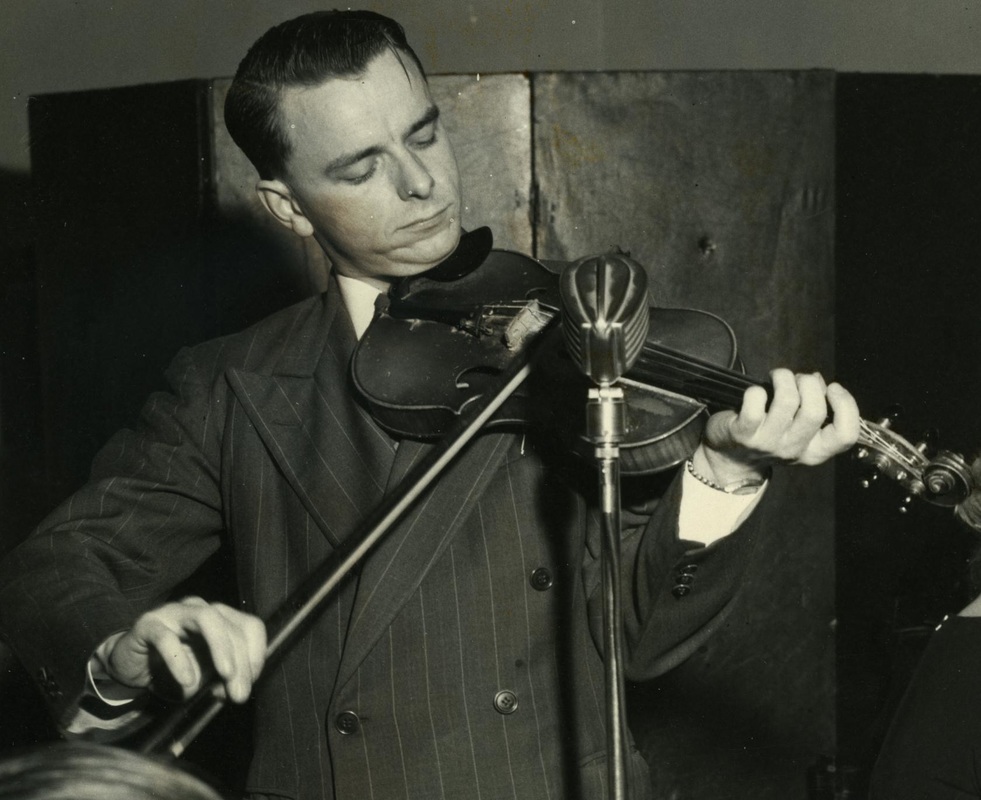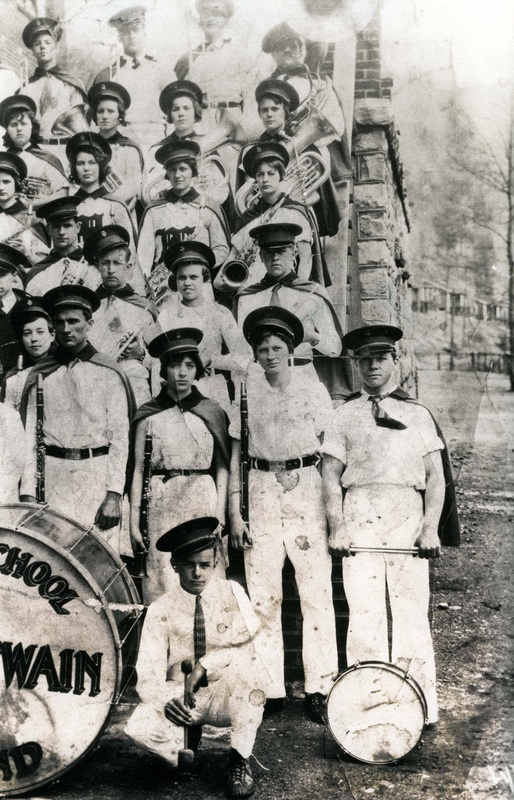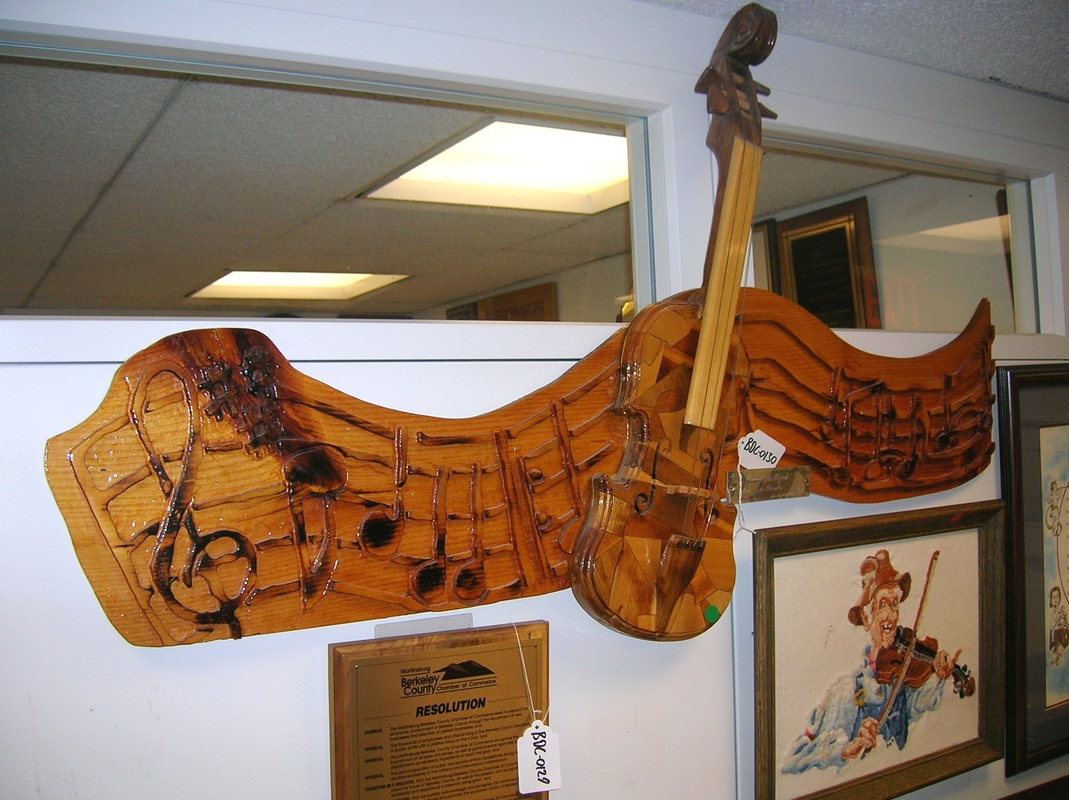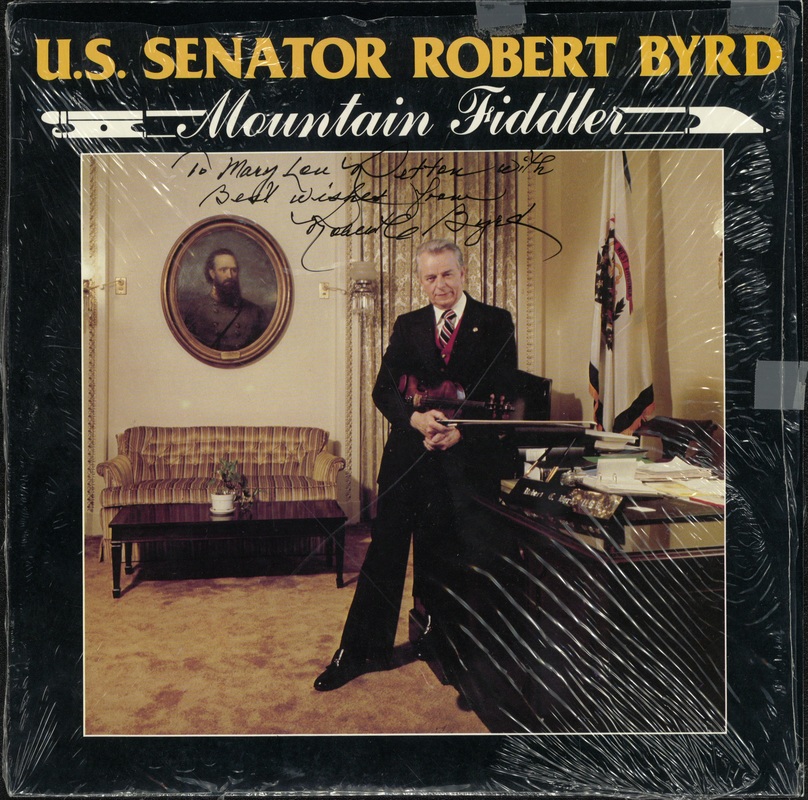|
By Zach Garver - Byrd Center Archives Intern
“Make your fiddle case your briefcase. Everywhere you go, you carry that fiddle case. Your identity will become known. You make yourself a little speech, and they won’t forget you because of that violin.”Attributed to Rev. Shirley Donnelly in an oral history conducted with Senator Byrd.
Comments are closed.
|
Welcome to the Byrd Center Blog! We share content here including research from our archival collections, articles from our director, and information on upcoming events.
Categories
All
Archives
July 2023
|
Our Mission: |
The Byrd Center advances representative democracy by promoting a better understanding of the United States Congress and the Constitution through programs and research that engage citizens.
|
Copyright © Robert C. Byrd Center for Congressional History and Education
|





 RSS Feed
RSS Feed
